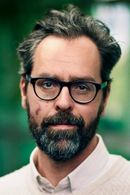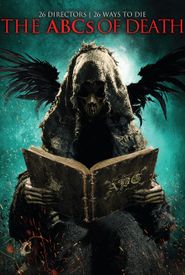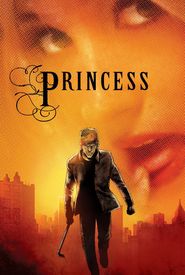Anders Morgenthaler was born in Copenhagen, Denmark, in the year 1972, marking the beginning of a creative journey that would shape his life. From a young age, he found solace in drawing, using it as a means of expression and survival throughout his public school years. After graduating from high school in 1992, Anders worked as a self-taught animator and designer at ITE (Interactive Television Entertainment),where he made significant contributions to the development of the world's first interactive television cartoon game, Hugo the Troll.
As his skills and experience grew, Anders left ITE to pursue his passion for animation further, and in 1995, he was accepted into the Danish Design College. This marked a significant turning point in his life, as he was determined to excel and eventually gain acceptance into the prestigious Danish Film School. The design school, located in Jutland, had a profound impact on Anders' life, teaching him discipline and structure, although he often jokingly referred to Jutland as a "hole in the ground." This newfound discipline, however, did little to improve his social skills, and Anders found himself struggling to connect with others.
Upon being accepted into the Danish Film School in 1998, Anders was forced to confront his social limitations and develop his ability to work with others. This led to the founding of TV-Animation, a cartoon company he co-founded with Tom Vedeland Mikkel Lee. Over the next three years, the company grew to become the second-largest cartoon company in Denmark, next to A-film A/S.
As creative director of TV-Animation and a student at the Danish Film School, Anders' skills and confidence grew. He became a more fragile person, but also a stronger director, and his school movies began to receive critical acclaim. TV-Animation continued to thrive, producing innovative and engaging cartoon shows and series. In 2001 and 2002, Anders wrote and directed his exam movie, a feature film that defied the traditional seven-minute format. With a budget of just $11,700, Anders worked alongside producer David Østerbøg to bring his vision to life. The Danish Film School accepted the film as his final project, marking a significant milestone in Anders' career as a filmmaker.





















